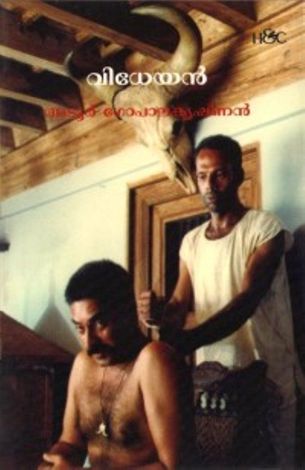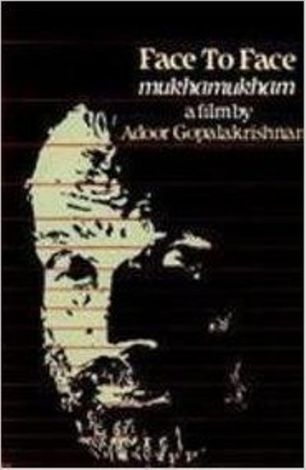One of the most lauded directors in India, Adoor Gopalakrishnan has often been hailed as the filmmaker who has done the most to carry on the cinematic legacy of Satyajit Ray. The influence of Ray can be seen in his subtle, humanist, and carefully composed films -- all of them set in Kerala, the province of Southern India where he was raised -- but over the course of his career he has developed a style all his own, rooted in the rhythms of traditional Kerala village life but addressing issues of politics, religion, and personal responsibility that are universal in scope. He was born in 1941 in the village of Adoor, into a family that practiced the traditional Indian dance drama known as Kathakali. He began acting on stage as a child, and eventually attended the prestigious Film and Television Institute of India. His first feature, One's Own Choice, about the travails of a young rural couple who run away to the city, was heavily influenced by Ray's style, but he began to find his own voice with Ascent, which takes its structure and themes from a Kathakali ritual. His third film, The Rat Trap, which tells the story of a stubborn patriarch clinging to an outdated feudal system, was the first to win him international acclaim, and all his subsequent films have played widely at festivals around the world. His three most recent films, The Servile, The Man of the Story, and Shadow Kill, each represent further refinements of his visual style and thematic preoccupations. A household name among cinemagoers in India, Gopalakrishnan has won the Indian National award for Best Director four times, and has been honored with awards and retrospectives at festivals in Europe and Asia. Despite his international renown, he remains virtually unknown in the United States.
Adoor Gopalakrishnan
Active - 1972 - 2016 |
Born - Jul 3, 1941 in Pallickal, Adoor, Travancore, British India |
Genres - Drama, Romance, Family & Personal Relationships
Share on
Biography by AllMovie
Movie Highlights
Factsheet
- A documentary in his earlier career, he made his commercial and critical breakthrough with his feature film debut Swayamvaram (1972).
- Won the National Film Best Director award for Swayamvaram (1972), Mukhamukham (1984), Anantharam(1987), Mathilukal (1990) and Naalu Pennungal (2007).
- Was awarded the Legion of Honour by the French government in 1984.
- Received the Padma Vibushan, India's second highest civilian award, in 2006.
- Honoured with the Dadasaheb Phalke Award in 2004, Indian cinema's highest award.


